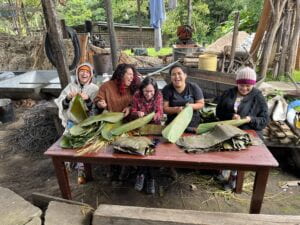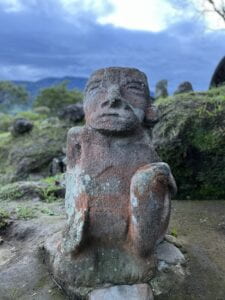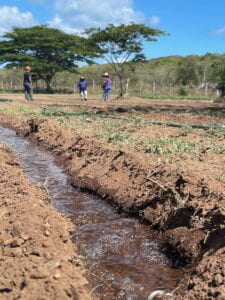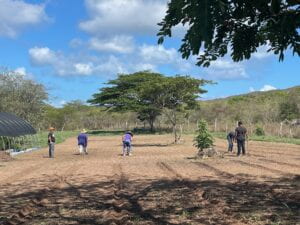Zoe Lee / Burma Task Force – Justice For All /Chicago, IL, USA
The meetings with about a dozen members of Congress went well. These meetings have been the most enlightening of all the work I have done here. Congressional staff range from enthusiastically supportive to completely disengaged. We have had to find work-arounds to certain principles, for example, Republican preferences to not appoint special envoys under the pretense that it diminishes the power of Congress to employ checks and balances and instead puts greater power under the executive. Such was the argument brought up in one of our meetings with Congressional staff. However, it seems that this principle only applies in certain cases, and we ought to call them out on these inconsistencies. These members of Congress were more than happy to support a Special Envoy on Antisemitism during the 2019-2020 session, and yet are unwilling to do the same for a Special Envoy on Islamophobia.
In Congress inconsistencies abound. The question is how to approach the question; straight confrontation is unlikely to be productive, but a gentle nudge is just as likely to be ineffective. Walking the fine line in between the two is a constant struggle, but there seem to be few other options.
There do appear to be certain issues which enjoy broad bipartisan support. Those mainly concern China. As we have seen recently with Pelosi’s trip to Taiwan, most actions that counter Chinese interests gain support from members of both parties. We have found the same to be true regarding the Uyghur in both the UFLPA and the Stop Forced Organ Harvesting Act. Whilst the motivation for each party may differ in supporting such acts, there is nonetheless common ground to be found. As we have mentioned in our course previously, perhaps the best way to motivate action going forward is to show that the interests of all parties involved are served in a common action.
As my work with Burma Task Force comes to an end, I can say that while justice does move forward, it is an extraordinarily slow and gradual process, and upon its conclusion it saves few in peril. Justice is political, it depends on the whims of the few and almost always arrives much too late. The UN’s highest court proceeds with the case of the Rohingya despite the Tatmadaw’s objections whilst the Rohingya continue to languish in camps. That is justice as it is conceived today.





